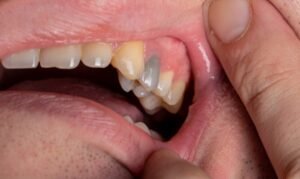Hello and welcome to this informative article about dental bonding and its potential role in addressing periodontal disease. In this piece, we will explore the basics of dental bonding, its benefits, and its suitability as a treatment option for periodontal issues. So, grab a cup of tea, sit back, and let’s dive into this topic.
Understanding Periodontal Disease
To begin our journey, it’s essential to understand what periodontal disease is. Periodontal disease, commonly known as gum disease, is a condition that affects the tissues supporting your teeth. This includes the gums, the bone around your teeth, and the ligaments that hold your teeth in place. The main culprits behind this ailment are harmful bacteria found in dental plaque.
What is Dental Bonding?
Dental bonding is a dental procedure used to repair or enhance the appearance of teeth. It involves applying a tooth-colored resin material to the tooth’s surface and then shaping and polishing it to match the surrounding teeth. Dental bonding is commonly used for cosmetic purposes, such as fixing chipped or discolored teeth.
Dental Bonding and Periodontal Disease
Now, the question arises: Can dental bonding fix periodontal disease? The simple answer is no, dental bonding cannot cure periodontal disease. This condition requires specialised treatments from a periodontist. However, dental bonding can play a role in improving the aesthetics of your teeth, which may be affected by periodontal disease.
Improving the Appearance
One of the primary concerns for individuals with periodontal disease is the appearance of their teeth. Gum recession and tooth sensitivity can lead to teeth looking longer and more exposed. Dental bonding can be used to build up and reshape teeth, making them appear more aesthetically pleasing.
Repairing Damage
Periodontal disease can cause damage to the teeth and their supporting structures. While dental bonding cannot reverse this damage, it can provide a temporary solution to repair minor issues. For example, if your teeth have small chips or cracks due to periodontal problems, bonding can help restore their integrity.
The Procedure
Let’s take a closer look at the dental bonding procedure. It’s a relatively simple and painless process. First, your dentist will choose a resin material that matches the color of your teeth. Then, they will apply the resin to the affected tooth or teeth. Using a special light, the dentist will harden the resin, and finally, they will shape and polish it to blend seamlessly with your natural teeth.
Benefits of Dental Bonding
Dental bonding offers several benefits:
- Quick and Painless: The procedure is usually completed in a single visit and typically requires no anesthesia.
- Aesthetic Improvement: Bonding can significantly enhance the appearance of your teeth, making them look more attractive.
- Affordable: Compared to other cosmetic dental treatments, dental bonding is cost-effective.
- Versatile: It can address a variety of cosmetic issues, from minor chips to discoloration.
When is Dental Bonding Suitable?
Dental bonding is most suitable for addressing minor cosmetic issues. It is not a long-term solution for more severe dental problems caused by periodontal disease. If your periodontal disease is advanced, you should consult a periodontist for specialised treatment.
Aftercare
After undergoing dental bonding, it’s crucial to maintain good oral hygiene. Regular brushing, flossing, and dental check-ups will help prolong the lifespan of the bonding material. Also, avoid habits like biting on hard objects or opening packages with your teeth, as this can damage the bonded area.
Conclusion
In conclusion, dental bonding is a valuable cosmetic dental procedure that can improve the appearance of your teeth affected by periodontal disease. However, it is not a cure for periodontal disease itself. To effectively manage periodontal disease, consult a periodontist who can provide the appropriate treatments and advice.
Remember that maintaining good oral hygiene and addressing periodontal issues promptly is crucial for your overall oral health. If you’re considering dental bonding or have concerns about your dental health, consult your dentist for personalised guidance.
So, while dental bonding can’t fix your periodontal disease, it can certainly help you smile confidently while you work on managing the underlying issue. Transitioning to a brighter, healthier smile is a journey worth taking.
For more information visit: GK Dental Implants and Cosmetic Clinic







